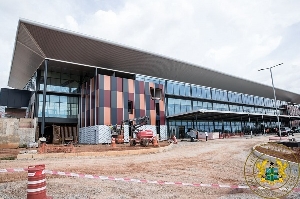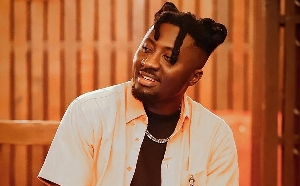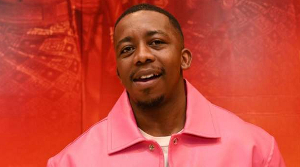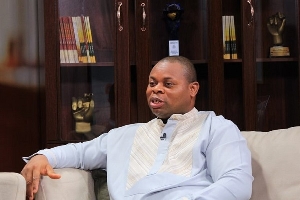- Home - News
- TWI News | TV
- Polls
- Year In Review
- News Archive
- Crime & Punishment
- Politics
- Regional
- Editorial
- Health
- Ghanaians Abroad
- Tabloid
- Africa
- Religion
- Election 2020
- Coronavirus
- News Videos | TV
- Photo Archives
- News Headlines
- Press Release
General News of Friday, 6 September 2002
Source: gna
Reconciliation must be neutral - Agyeman-Duah
Members of the National Reconciliation Commission (NRC) must be neutral and upright to avoid negative results, Dr Baffour Agyeman-Duah, Associate Executive Director of the Ghana Center for Democratic Development (CDD-Ghana), said on Thursday.
He noted that, "the establishment and process of reconciliation may not necessary lead to national unity and peaceful co-existence of victims and perpetuators, in fact it could explode with serious consequences if the Commission failed to maintain a neutral and upright role." Dr Agyeman-Duah stated this in a response to a question at a debate on "War and Peace" in Accra organised by the British Broadcasting Corporation (BBC) and the British Council.
The debate focused on "Living With War-its Causes and Experiences," and "The Road to Peace-conflict resolution and peace-building mechanisms". He emphasised that the management of reconciliation by stakeholders including victims, perpetuators, media and civil society would determine the effectiveness of the process at the end of the exercise.
Lt. Gen. Emmanuel Erskine, a member of the NRC explained that most of the complaints received so far were on torture, brutalities, murder, disappearance and confiscation of property during the periods of unconstitutional rule from 24 February 1966 to 21 August 1969; 13 January 1972 to 23 September 1979 and 31 December 1981 to 6 January 1993.
He said human rights abuses brought before the Commission would be scrutinised and further investigated by a team comprising experienced and retired police officers, Bureau of National Investigations (BNI) and others organisations.
After investigations, dockets would be forwarded to the Attorney General's Office for advice. Gen Erskine who was a Commander of the United Nation Interim Force in Lebanon (UNIFIL), compared the work of the Commission to that of a court, saying that, while some complaints would be heard, others ones would be dismissed, adding that, some would not be under its jurisdiction.
He said compensation to victims would include monetary payments, scholarships for their children and the erection of a monument in remembrance of their sacrifices. The NRC member said the Commission was not a judiciary committee, "we are going to reconstruct our history to heal wounds and there is need for reporters to be circumspect in their reportage".
Ms Thelma Ekiyor of the West African Network for Peace Building said mercy and amnesty in reconciliation could be effective tools for compensation. Students from the University of Ghana, Academicians and Civil Society Groupings from Ghana, Uganda, Nigeria, Liberia, and Cote d'Voire took part in the debate, which was moderated by Mr David Edmonds of the BBC.










